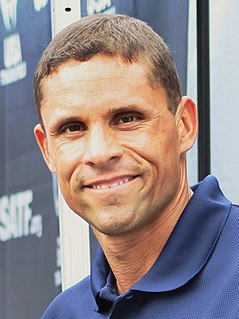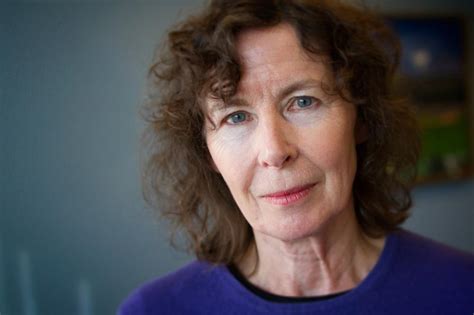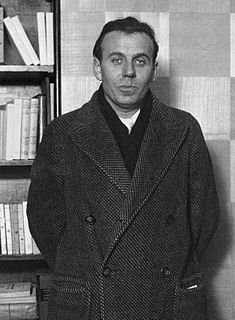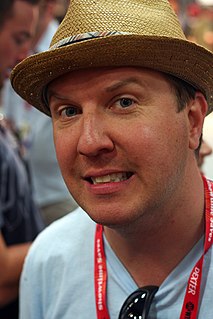A Quote by Sarah Dessen
Writing a novel is like childbirth: once you realize how awful it really is, you never want to do it again.
Related Quotes
Ever since 'Strange Heaven,' I haven't really reread my old work. Not so much because I don't like the writer I was, or because I find flaws in the writing, but more because I get so burnt out on a novel once I've finished writing, revising, editing and copy editing it that I genuinely never want to look at it again after it's gone to press.
Objectifying your own novel while writing it never really helps. Instead, I guess while you're writing you need to think: This is the novel I want to write. And when you're done you need to think: This is what the novel I wanted to write feels like and reads like and looks like. Other people might call it sweeping or small, but it's the book you chose.
I have taken as much as six years to prepare a book for writing. There is such a delirium of effort in the production of a book; it's like childbirth. And, like childbirth, one forgets the pains immediately so that when you come to write another one you dare to take it up again. Some precious anesthesia sees you through.
In The Last of Her Kind, Sigrid Nunez once again creates characters of such depth and situations of such vivid moral complexity that reading these pages is like living them. Only as I closed the book did I sadly realize that Georgette and Ann weren't my neighbors. But happily I can revisit them again, and again, in this beautiful and absorbing novel.
I was a lot dumber when I was writing the novel. I felt like worse of a writer because I wrote many of the short stories in one sitting or over maybe three days, and they didn't change that much. There weren't many, many drafts. That made me feel semi-brilliant and part of a magical process. Writing the novel wasn't like that. I would come home every day from my office and say, "Well, I still really like the story, I just wish it was better written." At that point, I didn't realize I was writing a first draft. And the first draft was the hardest part.
How far we all come. How far we all come away from ourselves. So far, so much between, you can never go home again. You can go home, it's good to go home, but you never really get all the way home again in your life.
...
whatever it was and however good it was, it wasn't what you once had been, and had lost, and could never have again, and once in a while, once in a long time, you remembered, and knew how far you were away, and it hit you hard enough, that little while it lasted, to break your heart.
Maybe I'd never see him again... maybe he'd gone for good... swallowed up, body and soul, in the kind of stories you hear about... Ah, it's an awful thing... and being young doesn't help any... when you notice for the first time... the way you lose people as you go along ... the buddies you'll never see again... never again... when you notice that they've disappeared like dreams... that it's all over... finished... that you too will get lost someday... a long way off but inevitably... in the awful torrent of things and people... of the days and shapes... that pass... that never stop.
I stopped performing because I don't have the temperament of a performer. You have to want to do the same thing over and over again. Once I got it right, I didn't want to do it again. I always use the analogy of a novelist who has to read his novel in public night after night. I just didn't want to do it.
Once you realize you can make people laugh, it's a superpower. When you're really young, you don't know how to use that power, so I would just say the meanest things I could to get a laugh. I was so awful. I would make fun of kids who didn't deserve to get made fun of. I was just mean, when I was really young. You don't realize that you don't have to be mean to be funny. But, it was something that I was just able to grow into.






































